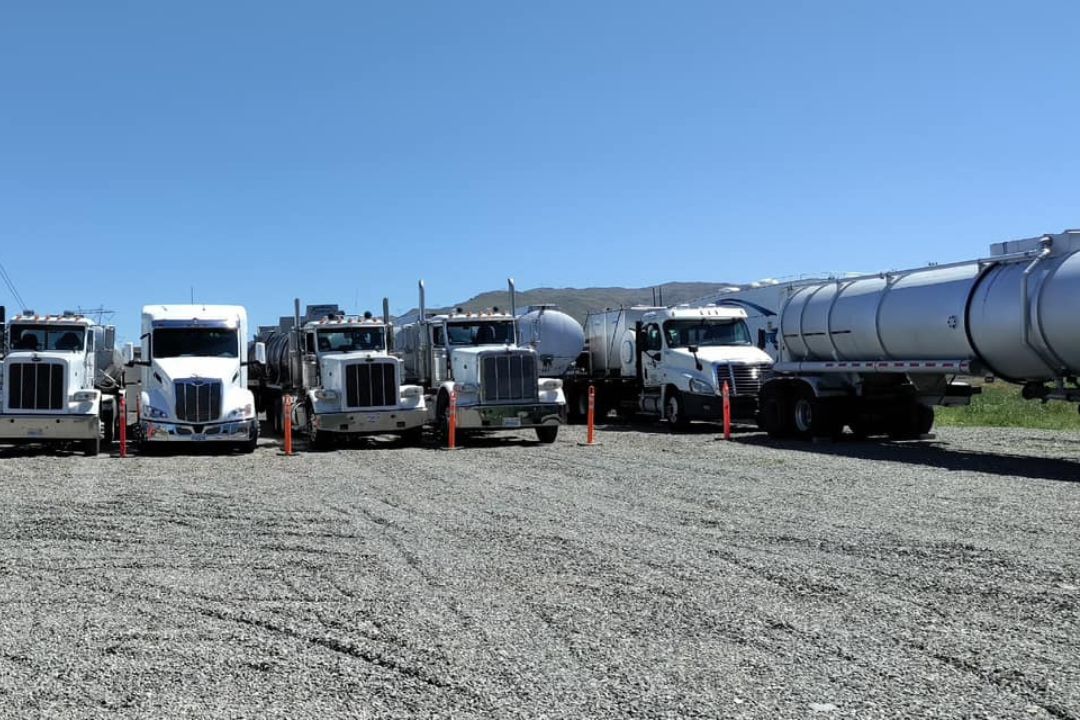Data analytics plays a critical role in optimizing crude oil transportation. Efficient transportation of crude oil demands precise planning and constant monitoring. Data enables professionals to make informed decisions regarding route optimization and timing.
Alpha Petroleum Transport, a leading company in crude oil transportation, has been using data to improve its operations and efficiency. Our team is passionate about using data to its full potential to achieve maximum efficiency and minimize risks during crude oil transportation.
Below, we will explore the different ways in which data is used to optimize crude oil transportation.
Optimizing Transportation Routes
Crude oil transportation companies leverage data analytics to identify the most efficient routes. This is done by analyzing various factors such as distance, terrain, and traffic patterns. Using this data, companies can determine the optimal route to reduce transit times and fuel consumption.
Using data to optimize transportation routes also has a positive impact on the environment. By reducing fuel consumption and transit times, greenhouse gas emissions decrease, helping to mitigate climate change. This highlights how data not only benefits businesses but also contributes positively to environmental sustainability.
Enhancing Safety Protocols
Data analytics is crucial for monitoring oil transport driving patterns and vehicle conditions. It enables companies to detect irregularities in real time, allowing for quick interventions to prevent accidents. These insights assist transportation companies in implementing advanced safety measures that significantly mitigate potential risks associated with crude oil movement.
Analyzing vehicle conditions through data analytics ensures vehicles are maintained in optimal condition. This helps in scheduling preventive maintenance more effectively, thus reducing the likelihood of vehicle breakdowns. Implementing these data-driven strategies enhances overall safety protocols and ensures safer transportation operations.
Managing Supply Chain Risks
Supply chain disruptions can have a significant impact on crude oil transportation operations. Utilizing data analytics allows companies to identify potential disruptions or bottlenecks in the supply chain, enabling proactive measures to be taken to mitigate risks and ensure continuity in operations.
By monitoring data on factors such as weather conditions, traffic patterns, and market trends, companies can make informed decisions to prevent or minimize any potential disruptions. This reduces the likelihood of delays or financial losses due to supply chain issues.
Enhancing Customer Satisfaction
Transportation companies use real-time data to offer customers precise delivery times. With full access to updates, clients receive timely notifications about oil shipment status. This transparency leads to better communication, fostering trust and enhancing customer satisfaction.
Accurate data also allows companies to adjust schedules proactively if unexpected delays occur. Customers are kept in the loop, knowing exactly when to expect their delivery. This service level meets expectations and often exceeds them, strengthening client relationships in the oil transportation industry.
Ready To Outsource Crude Oil Transportation?
Outsourcing crude oil transportation offers numerous benefits to companies seeking efficient and cost-effective solutions. Contact us now to learn more about our crude oil transportation services.



